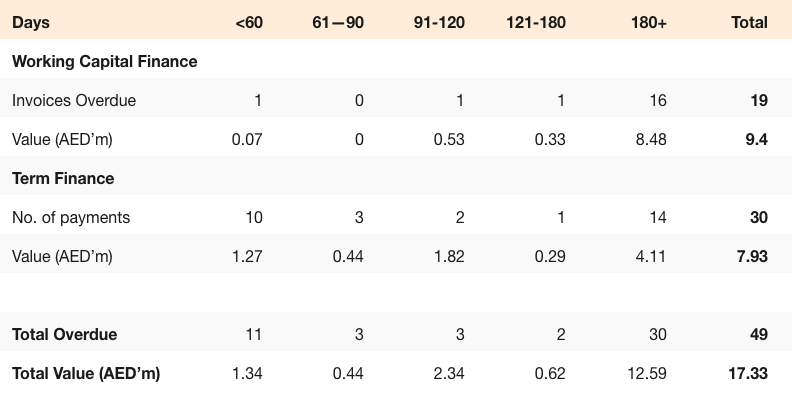Millennials are helping to drive the FinTech revolution. Last year the industry enjoyed a record setting $61.86 global investment thanks to the demand of the tech-savvy generation; which is quite possibly a response to the challenges they face following the 2008 financial crash.
The 2017 Millennial mindset report found that millennials prioritised paying off debt and increasing income whilst the WEF Global Shaper’s survey highlighted a skepticism towards financial institutions. They found that Only 28% of millennials considered banks to be “fair and honest.” Evidently, the banks have failed to regain trust. This is particularly true among younger people who came of age during the great recession, so it should come as no surprise that an entire generation searched for an alternative. After all, if your most pressing matter is earning money, why would you invest or take a loan from people you distrust?
Thankfully, the emergence of P2P lending has enabled millennials to ignore this question altogether.
P2P Lending and it’s Opportunities
P2P lending has enabled online services to connect lenders to businesses. Between 2014 and 2015 the global value of P2P lending rose from 9 billion U.S. dollars to 64 billion. By 2050 the value is expected to reach one trillion USD.
The format has broken down the barriers to entry that frustrated Millennials in three ways:
1. Accessibility
The advantages of P2P being based online are essential. Lending can now take place faster than ever before. Furthermore, another convenience is the integration of micro-investing. Many P2P services have a low minimum investment meaning millennials, who tend to be fiscally conservative, can spend small amounts to without losing sleep. They can diversify their small investments into several businesses/projects across different industries, thus making their returns more reliable.
2. Democritising Capital
The openness of P2P is just as important to the borrower. Previously, the fate of start-ups would be at the mercy of whether venture capital firms or investment banks would give them a loan. Without the founders being located in a central city or having the right contacts, the chances of this were slim. However, if they were lucky (or well-connected) enough to secure venture capital funding, it could compromise their autonomy. The new investors acquire equity and can influence decision making. A compromise to a corporate world view often follows. Ultimately, different ideas are risky.
However, millennials are ready to roll the dice. Unlike venture capital firms, P2P lending embraces originality. The business is exposed to a diverse audience on better terms. The format does not require the founders to give away any equity so they maintain their independence. A welcome relief. Without these restraints, start-ups are free to pursue unorthodox ideas that challenge existing systems as opposed to reinforcing them.
3. Facilitating Change
This subversive innovation, steered by millennials, has been manifested via communal enterprises. This should come as no surprise. The generation came of age in a time of economic anxiety and had no choice but to acknowledge social and political issues. This open-mindedness has influenced their judgement.
Post 2008 there has been an appetite to lend directly instead of wasting their purchasing power in a bank. Consequently, millennials can invest directly into multiple progressive projects that have positive impacts on their community. Traditional institutions may regard these efforts as unprofitable. However, millennials share a different value system.
For many, supporting a noble cause or a bold idea that has a social benefit is crucial. Not secondary. This is evidenced by the Harvard Business Review’s research which found that 67% of millennials regard their investments as a reflection of their values. Naturally, P2P lending’s aforementioned compatibility with micro-investing provides the perfect opportunity for them to create and support socially conscious enterprises. The success of Enerwhere is a case in point. The Dubai based solar company were dismayed by the banks double digit interest rates and turned to Beehive, the MENA’s first regulated P2P lending service. Within a week they raised 1 million AED across 130 investors. The average contribution? only 7,770 DHS.
The potential of this cannot be overstated. The platform can transform a socially atomised peer group into an organised movement. Their combined investment can amount to economic leverage. With it, they can reward humanitarian ventures; a pragmatic method to push for social justice.
This opportunity is too unique to ignore. The prospect of innovation that challenges the status quo is an exciting one. P2P lending is becoming the choice of the present and the selection of the future; a decision that hopefully has benefits beyond financial gain.




